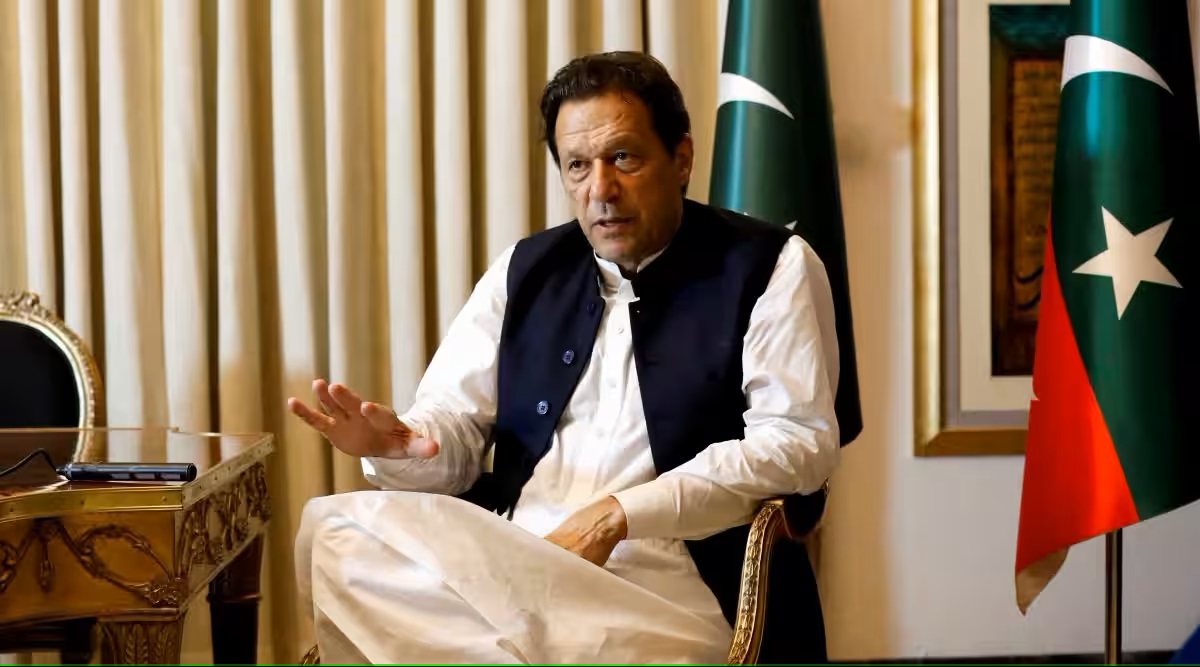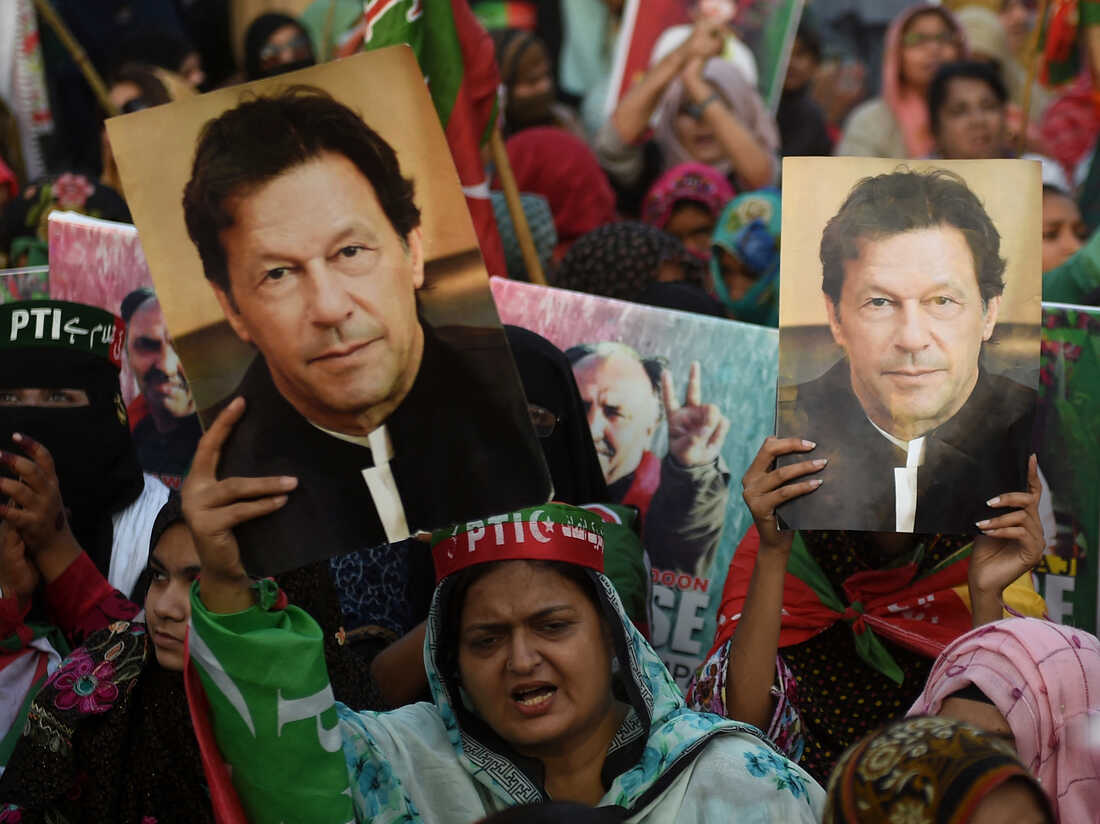News
Pakistan’s Courts Have Hit Imran Khan With 150 Lawsuits

Former Prime Minister Imran Khan, Pakistan’s popular opposition leader, is now imprisoned in a maximum-security facility after a controversial judge found him guilty of corruption and sentenced to three years in prison.
It is the most dramatic turn in months of political and legal battle between Khan and his political opponents since he was deposed in a parliamentary no-confidence vote in April 2022.
Khan’s party said it will challenge what government opponents call a shoddy case aimed at eliminating the former cricket star from politics ahead of a fall general election. The administration defended Khan’s conviction as legal and denied that he is a victim of political persecution.
If the verdict is upheld, Khan, 70, will be barred from running for office or leading Pakistan Tehreek e-Insaf, the party he established in the 1990s. However, polls show that the PTI will have a good electoral showing, and Khan’s jail may increase its position even further.
An Islamabad court Judge found on Saturday that Khan neglected to record payments from foreign dignitaries and leaders of state while in power. In Pakistan, after leaving office, government figures are allowed to keep such presents in exchange for paying a fraction of the value for them.
According to the court, Khan sold some of the presents and neglected to disclose the proceeds in a report to Pakistan’s election commission last year. The court found Khan guilty of corruption, sentenced him to three years in prison, and fined him 100,000 rupees, or about $350.
Soon after the verdict, Khan was arrested at his house in the eastern city of Lahore and transferred to a high-security prison in the town of Attock, approximately an hour’s drive from Islamabad’s capital.
Since Khan’s removal, several government agencies have filed over 150 lawsuits against him on allegations ranging from contempt of court to terrorism and instigating unrest.
According to critics, the surge of legal files is part of the governing coalition’s attempt to marginalise Khan, who has been able to mobilise large crowds of faithful supporters as opposition leader.
In contrast, the government paints Khan as a crooked manipulator who has used legal ploys to avoid incarceration. Pakistan’s powerful military, which has ruled the country for much of its 75-year existence, has backed the administration.
Pakistan jailing of former Prime Minister Imran Khan challenged
Khan is being imprisoned at Attock, a notorious detention facility for convicted militants and violent criminals. According to those acquainted with the conditions, he has his own cell with a fan and private bathing facilities, which is a step better from the prison’s normally severe conditions. Because they were not permitted to brief the media, the officials spoke on the condition of anonymity.
This is in stark contrast to Khan’s brief detention in May, when anti-graft agents hauled him from a court hearing on a different set of corruption charges. The Supreme Court stepped in quickly, ruling that the imprisonment was unlawful. Khan was allowed to stay in a police complex guest house and receive guests while his imprisonment was being litigated. Khan eventually returned to Labore, where rose petals were thrown on his automobile.
On appeal, the Supreme Court might reverse Khan’s conviction and punishment, which political analyst Imtiaz Gul feels is likely.
“There was absolutely no solid case against Imran Khan, who had to face this conviction because of a technical mistake,” said Gul, the director of Islamabad-based think tank the Centre for Research and Security Studies.
In a statement defending Khan’s conviction, Information Minister Marriyum Aurangzeb said that support for Khan is dwindling.
“He may deceive a few naive, gullible supporters, but the general public now recognises his true nature,” she wrote. “His mask has been removed, revealing the face of an individual who evaded the law and exploited state gifts for petty profit.”
If Khan’s conviction stands, he will be unable to lead his party into an election because persons with criminal records are ineligible to compete for government. Even when imprisoned, he could wield enormous political power.
His followers displayed their potential to disrupt public life following his incarceration in May. Tens of thousands of Khan loyalists stormed cities, smashing military and government property. The government reacted by detaining nearly 7,000 people, with some charges still ongoing.
In comparison, the reaction to Khan’s detention this weekend was far more subdued, probably due to concerns of another crackdown. His calls for calm protests fell flat.
Prime Minister Shehbaz Sharif is expected to dismiss parliament in the coming weeks, perhaps clearing the way for mid-November elections. The administration could postpone the election for several months if it decides to redesign seats based on recent census findings.
Khan’s imprisonment may increase his and his party’s election support. It would also play into the political identity he cultivated after losing power: that of a brave advocate for Pakistan’s marginalised.
“The next elections are likely to take place without Imran Khan’s active participation, but even from prison, he has the potential to effectively run a campaign for his candidates,” political analyst Azim Chaudhry said.

/newsdrum-in/media/media_files/WBHbh5qjEj1pM2apAHI1.jpg)




























